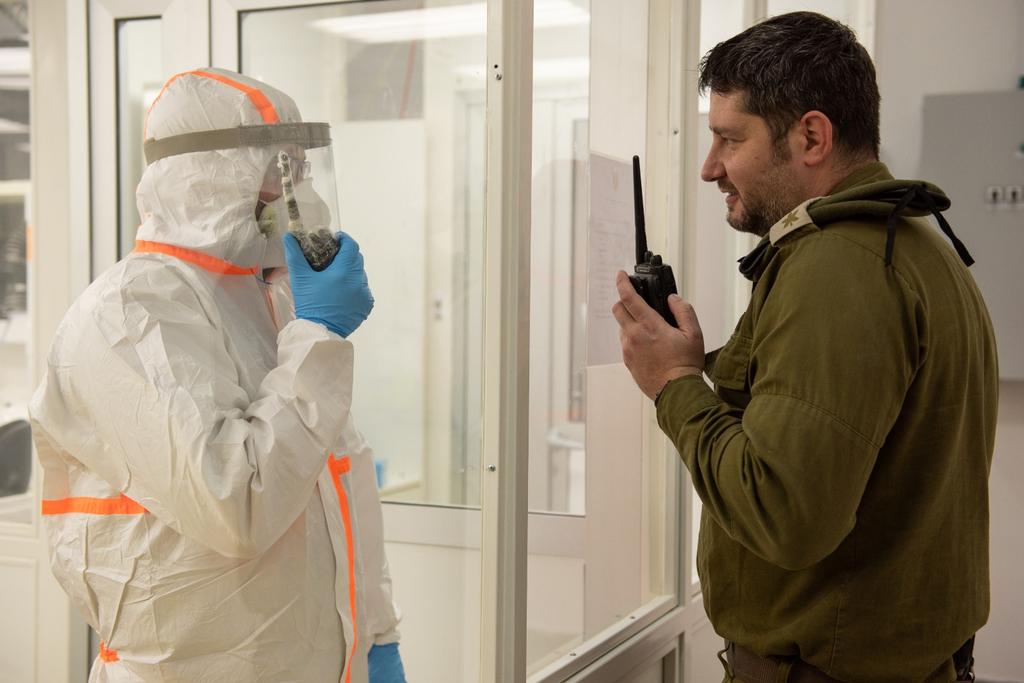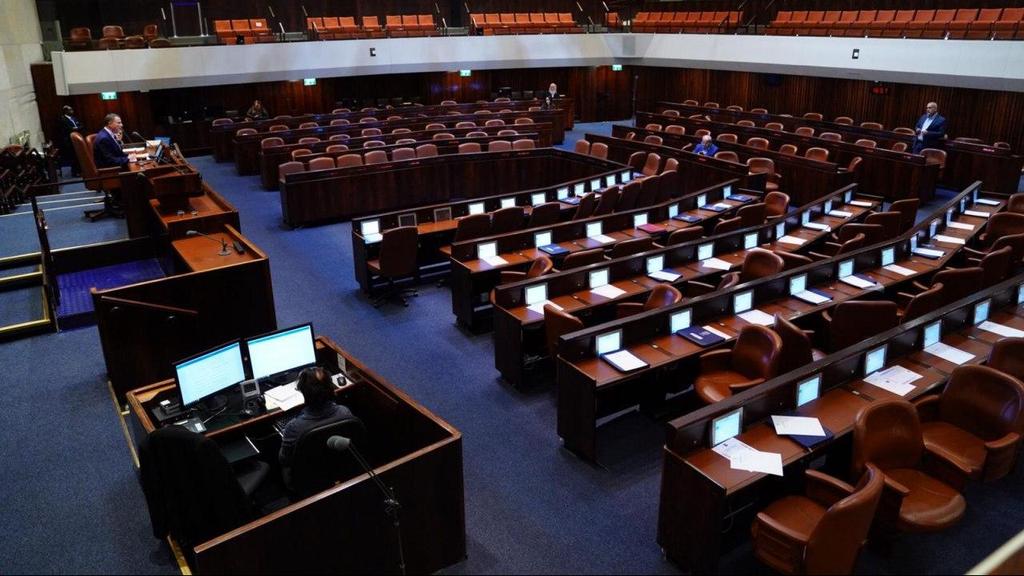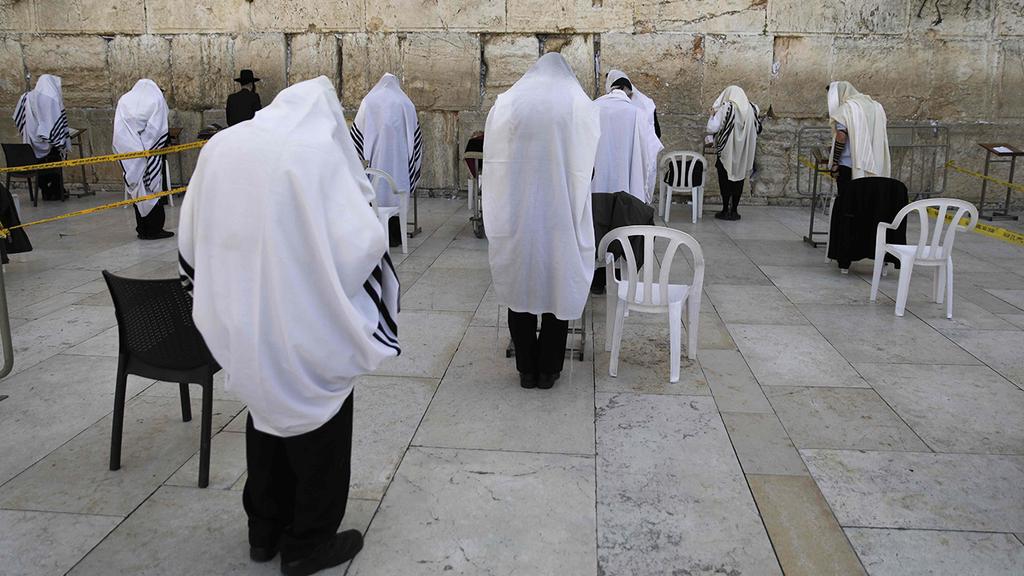If Israel were facing a third Lebanon war, an Iranian nuclear incursion or another confrontation in Gaza, we would surely have known how to handle security matters and how to manage the entire crisis thanks to our accumulated experience.
The challenge we are now facing is not by nature an issue of security (although its implications for the country’s security are undeniable), but it could potentially be tackled using the mechanisms Israel has developed in the past to deal with security threats.
This campaign against the coronavirus is the most critical one Israel has conducted since the 1973 Yom Kippur War. And while a virus is not an army, in order to defeat it it is vital to adopt the methods of previous leaders to manage dangerous and costly campaigns that were often filled with uncertainty.
We must set two clear goals for this campaign. The first is protecting the lives and health of the public. The second is maintaining a functioning economy (including security preparedness should the need arise to defend ourselves) and resuming economic activity as soon as possible.
There is a certain tension between these two goals, and so every decision must strike the perfect balance between the them.
It likely that the wave of fatalities from the virus hasn’t yet reached its peak and could in fact continue for a few months. Researchers are predicting a second, more powerful outbreak in the fall that will go on well into the winter.
4 View gallery


A man walks past a banner hanging over the shuttered Camel Market in Tel Aviv
(Photo: AP)
Adopting this view, we are in the midst of a spring battle to halt the spread of the virus, followed perhaps by a reprieve in the summer, and a hard excruciating campaign in the fall and winter.
To win this ongoing battle, we will need more than tactics that just buy us time. We will need an all-encompassing strategy for the whole of next year at the least, together with finding a proper balance between the health, economic, social, and perhaps security aspects of the crisis.
Right now the biggest gap we are facing in our struggle against the virus is in intelligence; the picture of the epidemic we have right now focuses only on known cases of the virus, while the actual number is probably much, much higher.
Managing the crisis using only partial and unverified information will cause extensive damage to the economy, while good intelligence can guarantee focused accurate actions against the epidemic.
The foggy intelligence leaves Israel at a disadvantage. The current number of daily tests does not allow for an efficient response, negates a reliable reading of the current situation, and condemns many people unlikely to contract the virus into quarantine.
We need reliable data on the members of the population who have beaten the virus - many of them have done so without showing any symptoms whatsoever. It is hard to believe there are only a handful of people in Israel who have actually recovered from coronavirus.
This population, which is most likely immune to being reinfected, could be the key to rekindling Israel’s economy.
Correctly managing the timeline of this campaign is essential; Israel’s concept of security is that of a short war with a clear conclusion and against the virus this cannot be the case.
The public is not updated either on the government’s timeline or on what actions the government will take in the future. But unlike past campaigns fought against external enemies, fighting a virus means all the information, along with the government's strategy, must be laid out for the public.
The government is still not using all the means at its disposal. For various reasons, it was decided not to take advantage of the defense establishment until a relatively late stage, despite its proven capabilities in managing national emergencies.
Using the IDF to help fight the epidemic is the right move, as long as it's used correctly and focuses on areas where it has a relative advantage.
In the end, not unlike in times of war, the fate of the war lies in the public’s resilience, the trust it has in its government, and its adherence to emergency protocols.
Abusing the crisis in order to impose unneeded restrictions on the country’s national foundations and basic rights will only serve to erode the public’s willingness to face the further hardships that are an integral part of the fight against the virus.
As in the past, the public will act responsibly and will cooperate for as long as its trust in Israel’s leadership remains.
Maj.-Gen. (res.) Amos Yadlin is the director of Tel Aviv University’s Institute for National Security Studies (INSS) and served as head of the IDF Military Intelligence Directorate.




